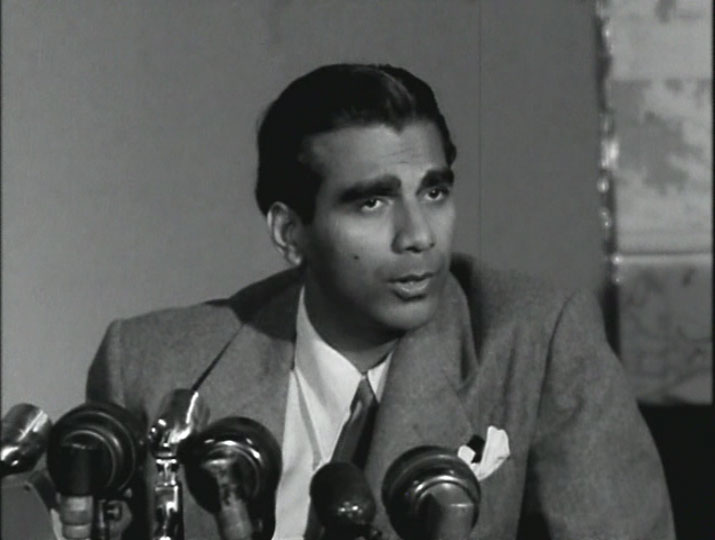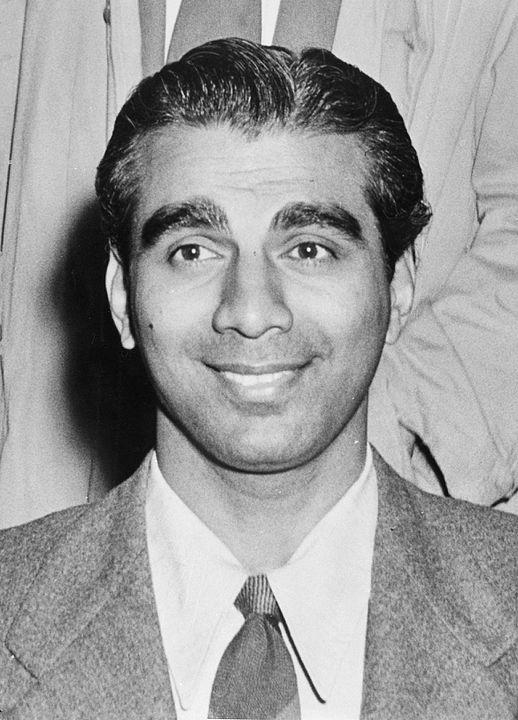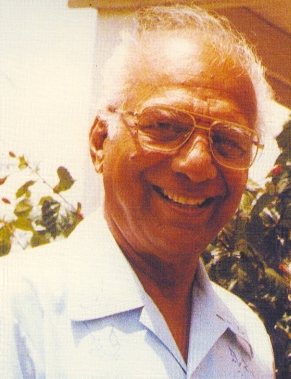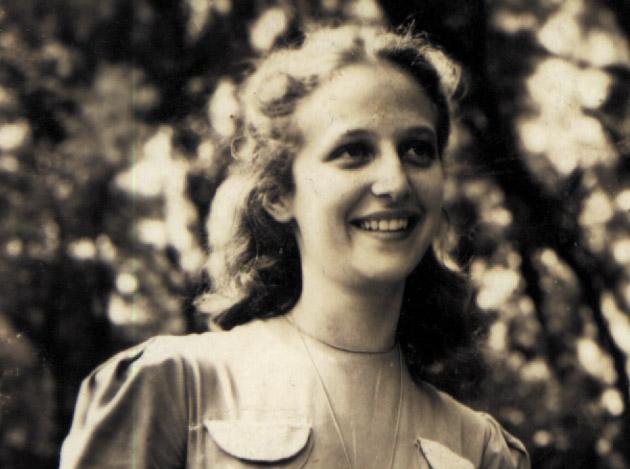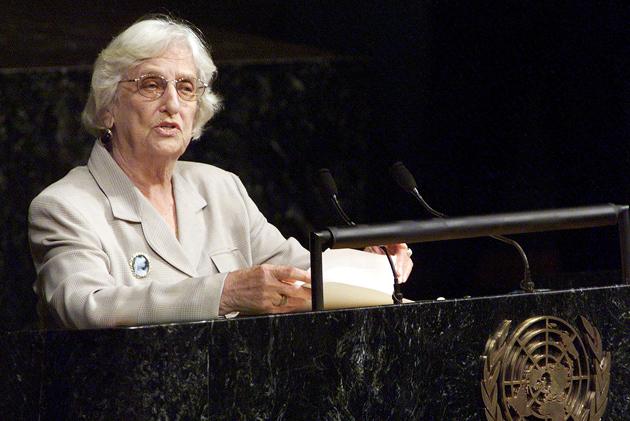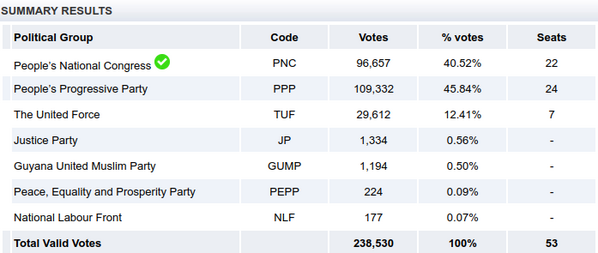Ali, Norton engage in ‘tit for tat’ over meeting on constitutional appointments
May 31, 2022 -- Source - Kaieteur News Online -- https://www.kaieteurnewsonline...tional-appointments/
Kaieteur News – President Ifraan Ali has called out Opposition Leader Aubrey Norton for his “demonstration of immaturity,” after Norton failed to show up for a meeting with him to continue the discussion on the appointments for constitutional positions and commissions.

President Ifraan Ali and Attorney General Anil Nandlall, SC, during the live Facebook broadcast.
Kaieteur News understands that Norton was invited to the meeting by way of a letter delivered to his Congress Place, Sophia, Georgetown office on May 27, 2022, where he was asked to indicate whether he would be attending the meeting which was set for May 30, 2022. He did not respond nor did he show up for the meeting on Monday.
Ali said the Opposition Leader was asked to indicate in writing his additional contributions to the ongoing consultations towards the appointment of the Integrity Commission and three service commissions – Judicial, Police and Teaching Service.
A response was never sent to the President up to the time of Norton’s no-show at the meeting.

Opposition Leader, Aubrey Norton
In a live Facebook broadcast, President Ali said it is regrettable that Norton didn’t have the dignity to respond or show up for the consultations which are mandated by the Constitution.
The President has since labelled this as not only regrettable and disappointing but also “a demonstration of immaturity.”
Norton on the hand had accused President Irfaan Ali of showing a lack of commitment when it comes to fulfilling his obligation to hold consultations on the appointment of constitutional commissions.
On May 13, 2022, Norton met President Ali at the Office of the President to hold the first round of discussion on the appointments.
Following the meeting, a joint statement was issued by both parties on the matters discussed. The two leaders were expected to meet again.
However, during a press conference last week, Norton explained that while the President gave a commitment to hold a second meeting on the appointment of the commission within seven days of the first meeting, it did not happened.
Norton explained, in response to a question about the progress of consultation “… in my opinion, they are in breach of the very agreement they made as the 2nd meeting was cancelled.”
Meanwhile, in a statement on Monday, Norton acknowledged receipt of a letter from the President outlining his reason for cancelling the meeting.
Norton claimed nonetheless that Ali’s reason for cancelling the meeting was devoid of “credibility and disconcerting.”
Norton claimed too that even if he wanted to attend the meeting scheduled for Monday, he would have been unable to do so, given his “other commitments and pressing schedule.”
Further in the letter, Norton noted that he is committed to agreeing on the appointments of Madame Yonette Cummings-Edwards as Chancellor of the Judiciary and Madame Roxane George Wiltshire as Chief Justice.
The Opposition Leader said, therefore, that the letter which stated the President is not prepared to consult on matters of the important judicial appointments are clear indications he is non-responsive to the concerns of civil society and the people of Guyana.






